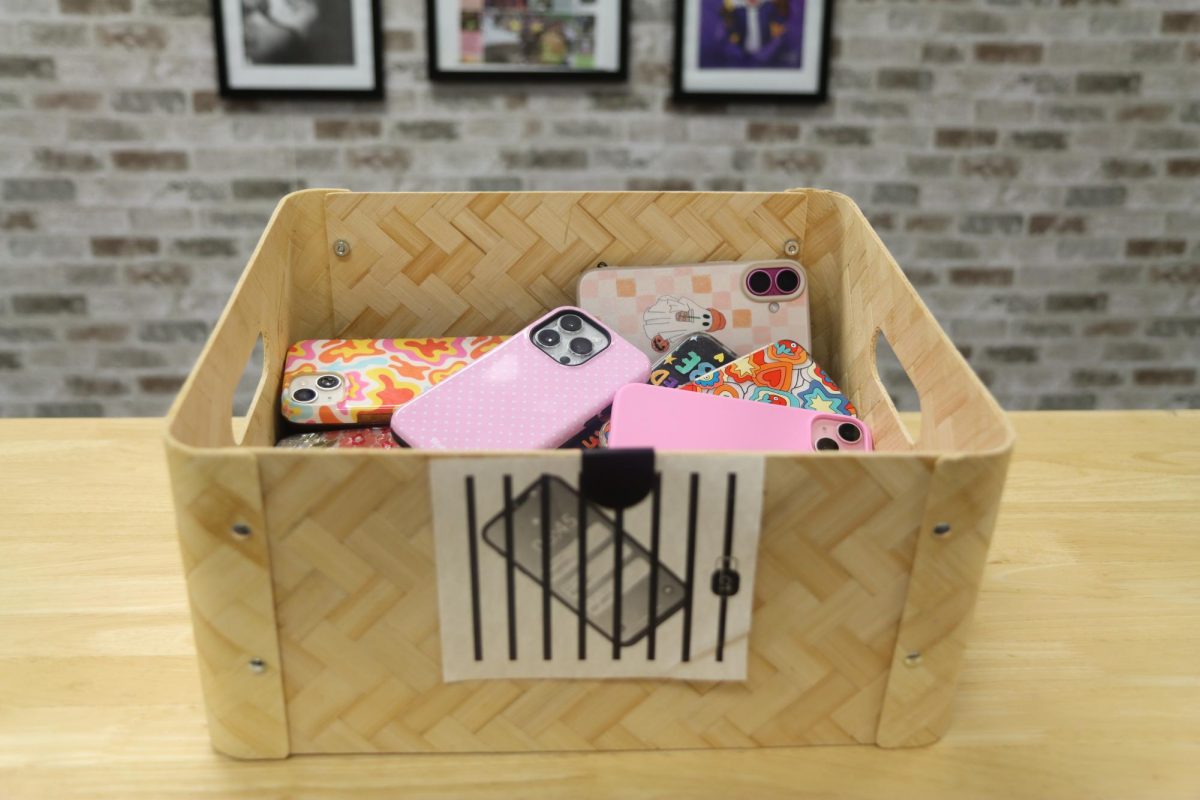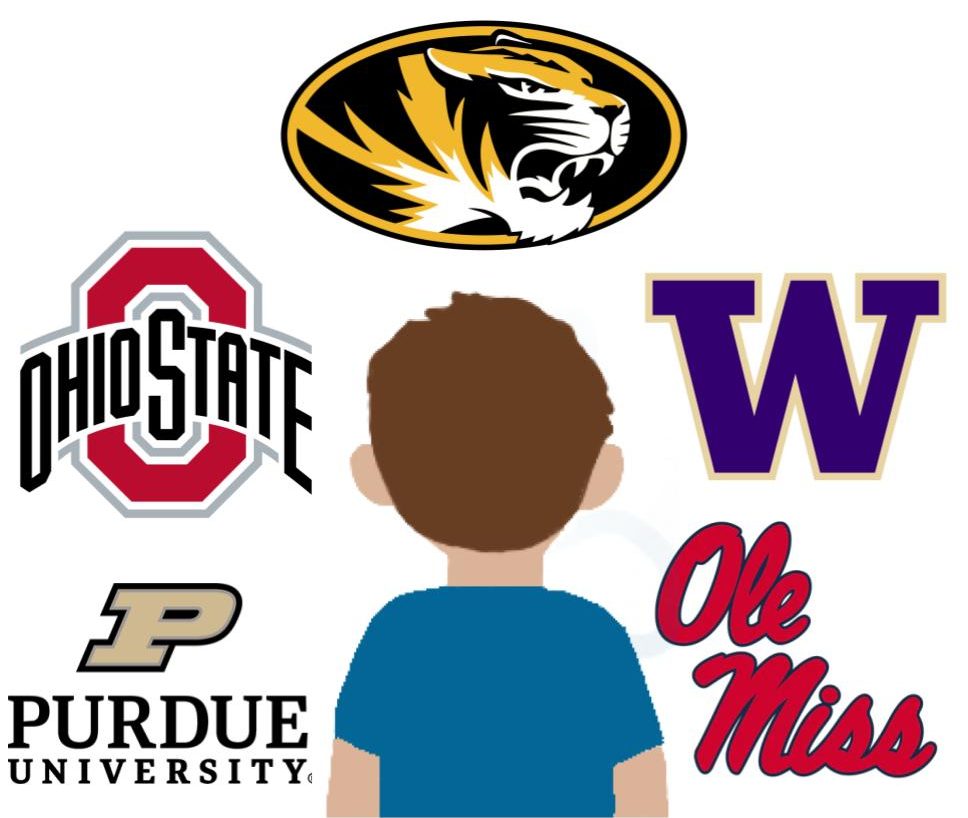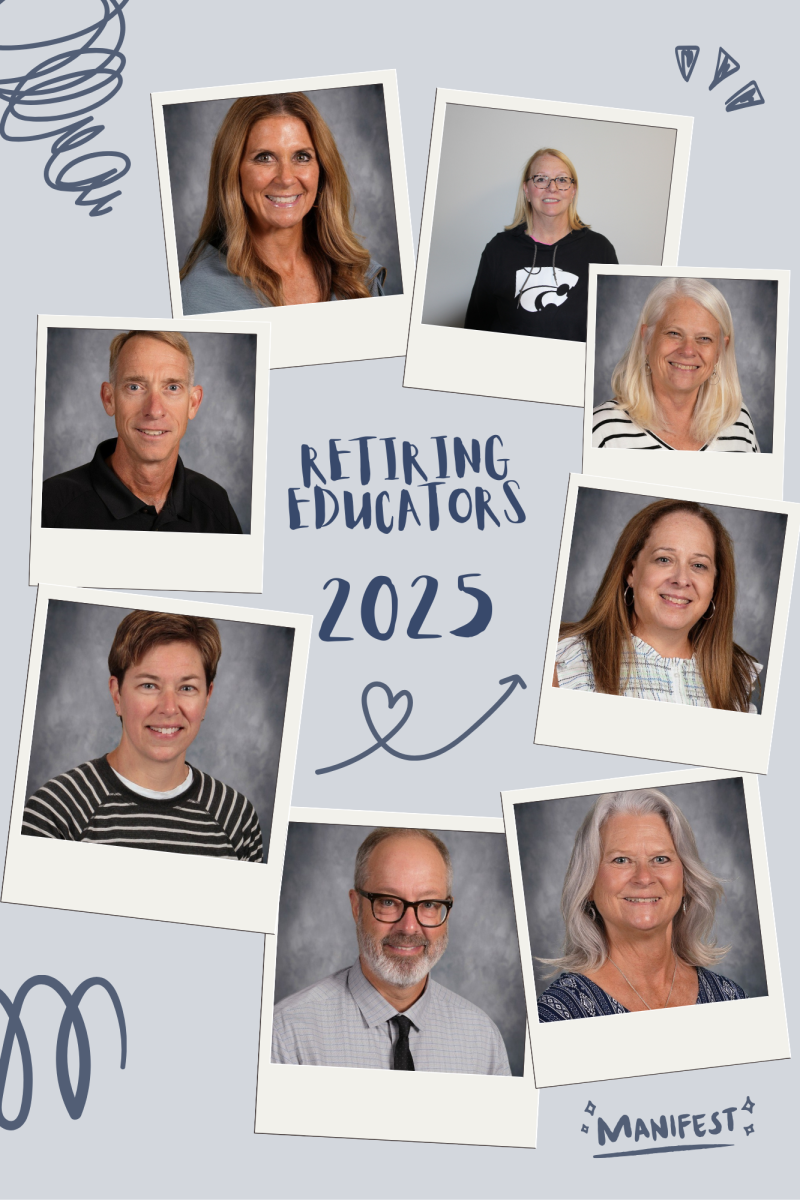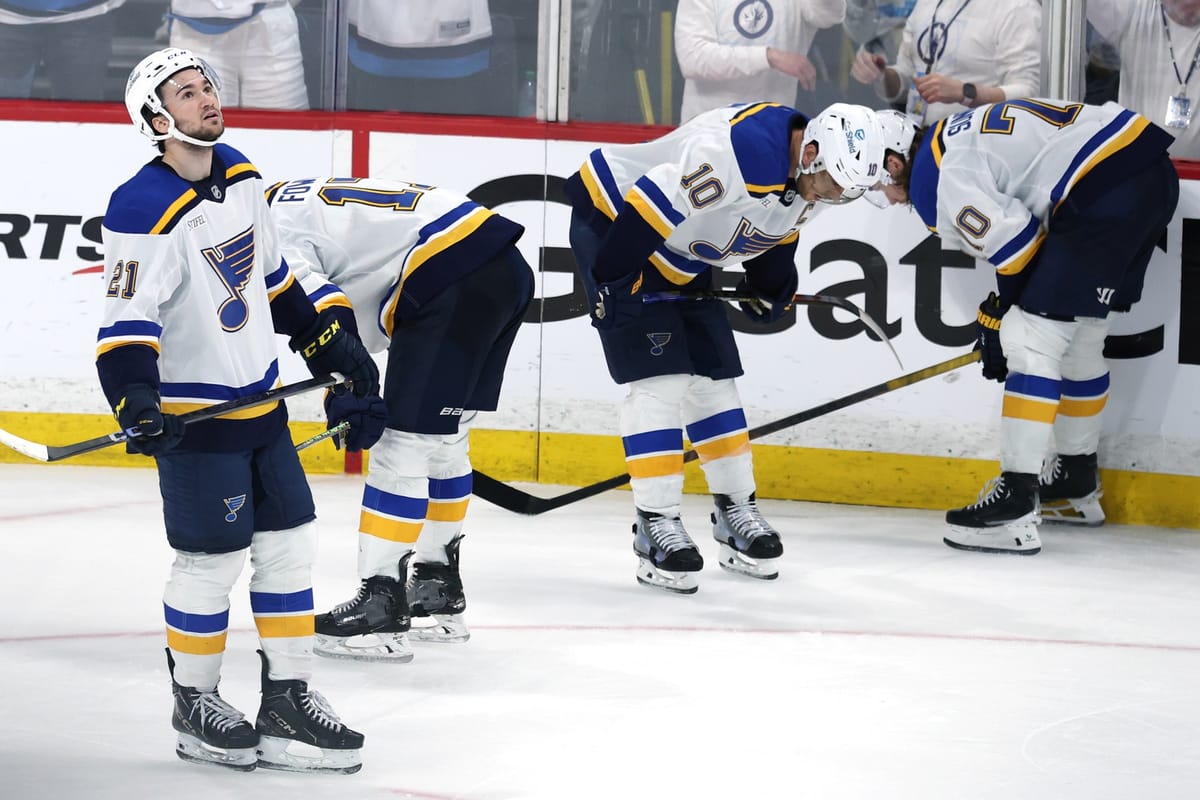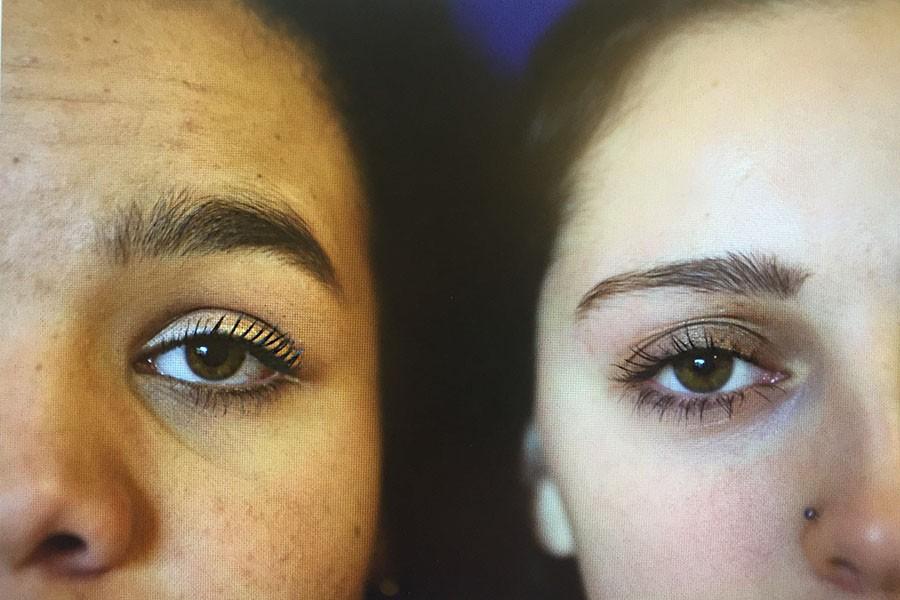Opinions: Rocca-ing the world: Eye for an eye
Seeing conflicts clearly
The eyes of Sierra Clark (11) and Gracie Hampton (11)
January 13, 2016
A blind man is walking towards you down the street. You notice he does not have a guide dog, a cane or a person helping him along. Rather, he has his eyes closed and is walking aimlessly and quickly right in your direction, closer and closer…
BAM.
He accidentally swerves into you. You fall to the ground. But he cannot see that. All he knows is he ran into something.
Waving his hands aimlessly above your fallen self, you grab his hand and stand up. Do you yell at him? Do you go and push him down in return?
Of course not. At least I wouldn’t.
Most likely, I would ask him if he was okay or needed help. And maybe even help him up and continue walking with him, so he wouldn’t run into more people.
Because walking around blind is dangerous. Duh.
It is easy to hurt people when someone is blind to their surroundings. Also, duh.
Now here is a real situation:
I was walking down the hallway. I blatantly waved hello and smiled at someone I know. They looked me in the eyes and kept walking by with no acknowledgment that I existed.
The whole thing upset me. I turned to the friend I was walking with and said, “Did you see that?! That was so rude!”
So why would I not get mad at a man pushing me down to the ground but take incredible offense against someone who simply didn’t say, “Hi,” back?
Because the man is blind! It’s different! He doesn’t know any better!
True. But here’s the thing: the person walking down the hallway is blind, too.
However, instead of physical blindness, they are blind to how they affected me emotionally. And instead of physically pushing me down, they pushed down my confidence, my friendliness and my cheery mood.
But I didn’t even think to confront that person in the hallway or ask if they were okay or needed any help.
I am terrible with confrontation. It terrifies me. My throat gets all tight. My hands start to shake, along with my voice. And I immediately chicken out.
I’d rather tell myself that I’ve shaken the offensive moment off and moved on than confront someone with a problem. But then I’ll go and tell my friends, “Guess what so-and-so did…”
So I really haven’t “shaken it off” at all.
But what if I had asked them, “Hey, why didn’t you say, ‘Hi,’ back?”
Most likely, they probably didn’t even see me. Or maybe they’d say, “Oh yeah, I was just having an off day, sorry.”
But at least they would know that I had noticed, that I had taken offense to it.
Although confrontation is scary, it is necessary to self-improvement. It’s like helping the man walk along the street so he doesn’t hurt anyone else.
Recently, I had a bad moment in class with one of my teachers. I had kept some problems bottled up and decided to spill them out in front of the entire class while making a respect agreement. I pounced on the opportunity to address problems I’d had the whole year.
But they were personal problems I had with only the teacher.
It was only later during a confrontation meeting that the solution to my problem finally clicked.
Hindsight really is 20/20.
Everything I stand for, everything I believe in, totally unraveled in that moment of classless, ineffective criticism. And I could’ve brought up these bottled up problems a) at the moment they occurred and b) one on one.
That would have been significantly more effective and less offensive than blurting the problem out in front of 20 people.
Let’s face it: as surely as the blind man knows he needs help with walking, we–the whole human race–know that we need help with being better people.
But we are also sensitive creatures. And in the face of adversity, it feels good and effective to lash out in criticism.
“I’m gonna tell ‘em like it is!” “They gotta learn some way!”
And that’s where we push them down. That’s where we fight fire with fire. That’s where we take an eye for an eye.
That’s where the whole world goes blind.
Thank you, Gandhi. You were so, so right.
Since when has wronging someone back ever helped a thing?
So what if I decide the next time that person says, “Hi,” to me, I won’t say it back?
First of all, I will look rude. And second, they won’t learn anything except that I am rude in the hallways. But I’m not rude. I don’t want to be looked at as rude.
Confronting them about the problem, though, would open their eyes to being more conscious of the way they come off to other people.
Although no one can ever be totally fixed of blindness, literally and figuratively, confrontation goes a long way.
Confrontation is like the glasses of empathy; revenge is like the needle to your own eye.
And I will run into bigger problems than a “hi” in the hallway. I already have run into bigger problems. Like hearing rumors about myself or studying my tail off and not getting the grade I want or showing more care towards a person than they show towards me.
But me, myself and I are the only ones responsible for my happiness. So I can either confront someone about the problem and hope for resolution or keep my mouth shut and deal with the cards I’ve been dealt.
My eyes have recently started to open to this concept. They’re still kind of sleepy, they’re still kind of waking up, slowly but surely opening to the light.
If all goes well, I will wake up fully and help some people see conflict clearer, so I can sleep with a clearer head at night.
Hopefully someday, I will wake up and the world won’t be blind anymore because no one will have taken an eye for an eye.


